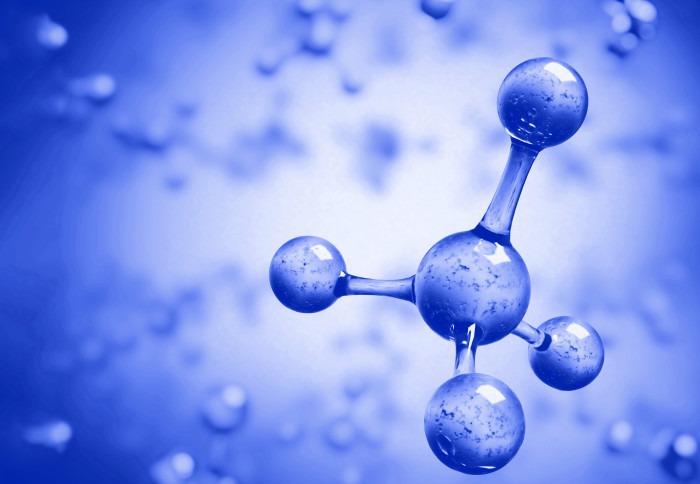Does the EU Methane Strategy go far enough?

Methane is a critical greenhouse gas and in October 2020 the EU launched its new Methane Strategy around this.
The strategy aims to reduce methane emissions in member states; between 35% to 37% by 2030 compared to 2005 [1]. The primary aims are to better understand the causes of emissions and to identify mitigation measures through more accurate measurement and reporting methodologies. However, whether the strategy is comprehensive in its approach and will be successful in achieving its aims are yet to be determined.
Broadly, the Strategy is in line with the initiatives of other countries and organisations, though the EU has decided not to put in place strict measures to ensure compliance immediately - a feature sometimes seen in other similar initiatives. However, the Commission will propose EU-wide rules on compulsory measurement, reporting and verification of all energy related methane emissions in 2021. Should these include well-structured legislation, which allows for flexibility and innovation, they could be very useful.
A major strength of the Strategy is the importance placed on research and development. Supporting the establishment of an independent international methane emissions observatory which aims to collect, reconcile, verify and publish anthropogenic methane emissions data at a global level is valuable, as it will provide standardised emissions data and allow transparency. However, the observatory will (initially) only consider emissions from oil and gas. Expanding to all sectors would greatly increase benefits and impact. The Commission plans to strengthen satellite-based detection and monitoring of methane, with the aim of detecting super-emitters globally. Due to the emission profile of natural gas, the detection of super-emitters is vital [2]. Current satellite technology is not suitable for continuous emissions monitoring, so any developments there will be very important.
Internationally the Commission takes a cooperative view and appears to be willing to use its position to leverage positive change. There are plans to work with other countries to develop the Methane Supply Index (MSI) which would allow buyers to make informed choices when purchasing fuels. This is a new innovative solution. Another show of cooperation is the plans to reach out to international partners such as China, Japan and South Korea, who together with the EU represent 75% of the global fossil fuel trade, to lobby producing countries to improve reporting and reduce emissions. This would also potentially limit markets for high emissions products if agreement can be reached.
Overall, the Strategy is unclear in the mandatory actions and reduction targets set to for agriculture and waste management methane. The EU's Common Agricultural Policy is of course a sensitive subject, so any provision that might upset the inner balances within the EU is difficult to agree on. The Commission points to the Horizon Europe strategic plan 2021-2024, with focus on investigating better technologies for waste to biomethane conversion, but this will take time to implement with consequent impact on progress for this sector. The strategy does not highlight the control or reduction strategies of methane emission from biogas plants, which could also contribute to methane emissions.
Overall, this strategy demonstrates the EUs willingness to tackle methane globally and lead the way in doing so. The real test of the strategy will be in the coming year. Will the international initiatives work? Is the confidence in satellite data well-founded? Will further legislation be well formed? The answer to these questions will ultimately determine the EU and possible world performance on methane emissions.
[1] EU Methane Strategy, 2020. Web page https://ec.europa.eu/energy/topics/oil-gas-and-coal/methane-emissions_en#eu-methane-strategy-, accessed on 3 November 2020.
[2] BRANDT, A. R., HEATH, G. A. & COOLEY, D. 2016. Methane Leaks from Natural Gas Systems Follow Extreme Distributions. Environmental Science & Technology, 50, 12512-12520.
Article text (excluding photos or graphics) © Imperial College London.
Photos and graphics subject to third party copyright used with permission or © Imperial College London.
Reporter
Luke Dubey
Department of Chemical Engineering
Semra Bakkaloglu
Department of Chemical Engineering
Jasmin Cooper
Department of Civil and Environmental Engineering